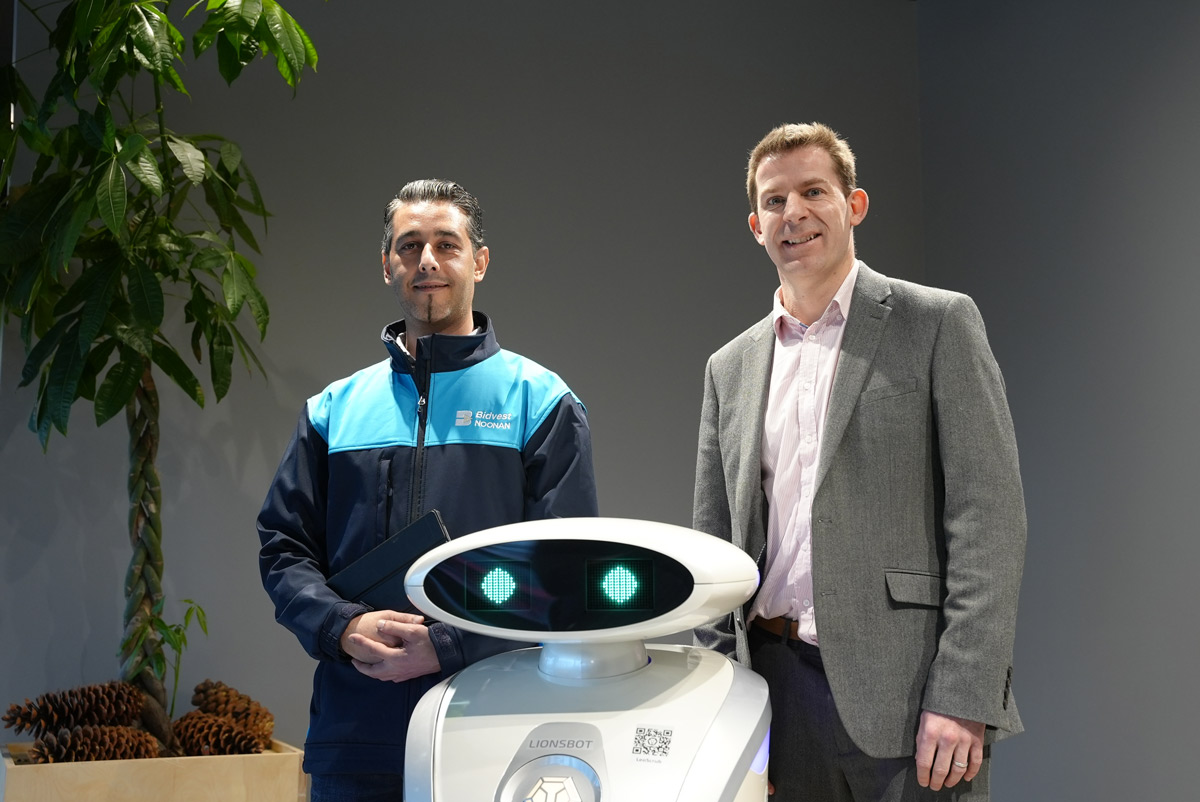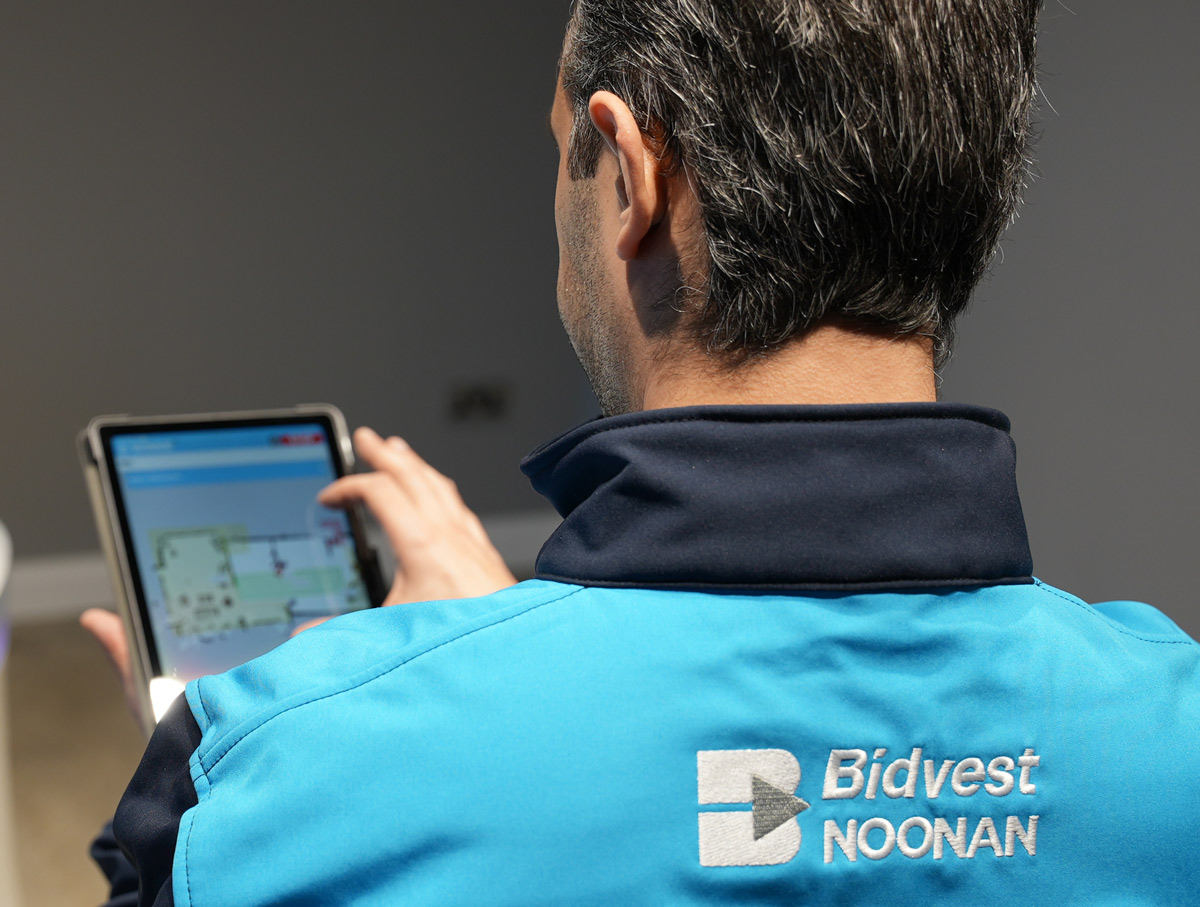Bidvest Noonan is the first in its industry across the UK and Ireland to introduce a brand-new range of specialist cleaning technology for its customers. Developed for cleanroom environments, where contamination control is critical, this technology enables the high standards of cleaning required in these spaces to be achieved with greater efficiency than ever before.
The SAFE-T range was developed to meet the needs of a Bidvest Noonan customer, a globally renowned technology brand, that sought a more advanced and specialised solution for its world-class cleanrooms. To support its customer, Bidvest Noonan engaged Clenli Direct, who worked closely with i-Team Global, the manufacturers, to bring the range to market.
“Our strategic partner Bidvest Noonan introduced JLL to Clenli Direct and i-Team Global, their excellent engineers worked with our problem statement and design ideas, this collaboration of engineering and cleanroom expertise has resulted in an innovative product and relationship that we at JLL are proud to be part of.” said Spencer Price, Cleanroom Facilities Manager at JLL.
“We are proud to have played a role in the inception of this new range of technology,” said David Barker, Chief Growth Officer at Bidvest Noonan. “We have a long track record of innovating to help our customers overcome challenges, and strong partnerships have always been central to that success. We were delighted to mark the launch of the SAFE-T range alongside JLL, Clenli Direct and i-Team Global, and we look forward to bringing the benefits of this technology to our customers across the UK and Ireland.”
Officially launched in Dublin on 12 March 2025 at an event attended by industry leaders and experts, the SAFE-T line brings vast improvements to cleanroom cleaning. One of the machines in its range is the SAFE-T-IMOP, the first battery-powered scrubber dryer designed for both cleanroom and general use. It reduces cleaning time by up to 50% compared to traditional flat mopping and has been independently tested to meet ISO 14644 cleanroom standards.
Bidvest Noonan’s adoption of this technology reinforces its leadership in the FM industry, particularly in high-tech and regulated sectors such as pharmaceuticals, manufacturing, technology, and life sciences.












